Led Zeppelin altered the course of rock music. There’s absolutely no doubt about it. The ear-piercing force of Robert Plant’s vocals, Jimmy Page’s mystical guitar mastery, John Paul Jones’ multi-instrumental innovation, and John Bonham’s powerhouse style behind the drums forged a unique alchemy that influenced generations of artists that followed and still does.
Despite their musical magnificence, not all of Zeppelin’s influence was necessarily positive, even from certain band members’ perspectives.
The bolshy, excessive hair-metal and cock rock of the 1980s is frequently attributed to the advent of the band during the decade prior. Namely Robert Plant – whose picture appears on the latter sub-genres Wikipedia page – and his bounding, bouffant blonde barnet, who intentionally wore skin-tight jeans to optimise visibility of his junk in the front.
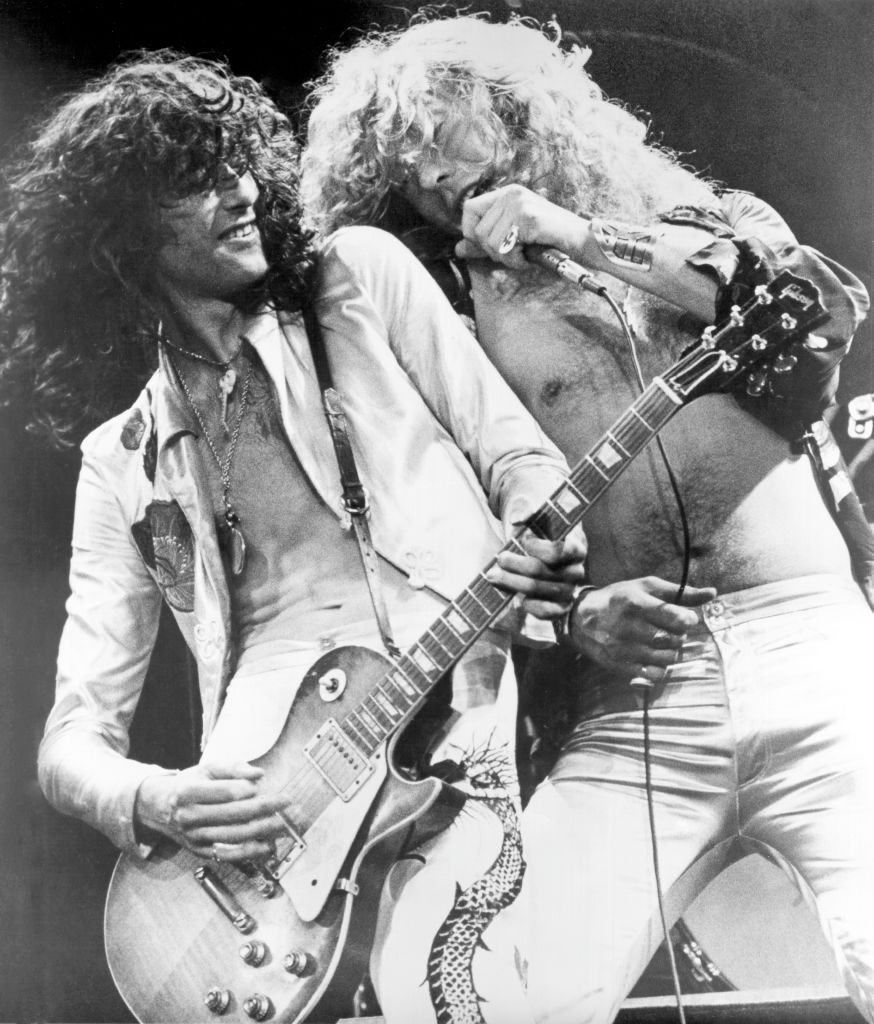
Plant also initiated the prevalence of another dubious trend in rock music – the association with mythology and fantasy, due to his fondness for J.R.R. Tolkien and Celtic folklore during his younger years. Alongside John Paul Jones’ preternatural ability to play varying iterations of Medieval instruments, mythology and fantastical folk stylings were slowly incorporated into Led Zeppelin’s dense blues rock sound. This kind of imagery became commonplace in rock and metal music, subsequently with the likes of progressive rockers Rush and Yes and Iron Maiden the following decade.
1970’s Led Zeppelin III was, for all intents and purposes, a folk album, with the exception of thundering opener ‘Immigrant Song’ and meandering blues jam ‘Since I’ve Been Loving You’. But the apex of Zeppelin’s rock and ancestral folk fare was ‘Stairway To Heaven’ from Led Zeppelin IV, a song that Plant has since disavowed – he revisited the song in a recent one-off performance for charity, though it took a seven-figure donation to convince him.
READ MORE: How Hollywood Kept Trying (and Failing) to Make the ‘Unfilmable’ Lord of the Rings
Embarrassed about the continued association with Tolkien and Lord of the Rings even to this day, there’s one song that he didn’t expect to become so revered for its references, as they weren’t intended to be that serious. The song? ‘The Battle Of Evermore’.
“This is a windup, isn’t it?” Plant told Vulture in 2022, when he was asked which Led Zeppelin’s song was the ‘nerdiest for Tolkien lovers’, knowing full well that it was ‘The Battle Of Evermore’ that would be his answer. “Bearing in mind that I’ve been hung out to dry a million times for being a sort of sad old hippie going on about Frodo.”
“But I was visiting Frodo when he was about as well known as the most obscure book in my library, when Tolkien was a forgotten entity,” he continued. “So that gives me … no, that doesn’t give me any parlay in this situation. I have to say that ‘The Battle Of Evermore’ is the right thing for me.”
Robert Plant’s references to Tolkien date back to Led Zeppelin II’s ‘Ramble On’, with the lyrics: “T’was in the darkest depths of Mordor / I met a girl so fair / But Gollum, and the evil one / Crept up and slipped away with her.” However, it was only a brief nod, so uneducated listeners likely would’ve ignored it.
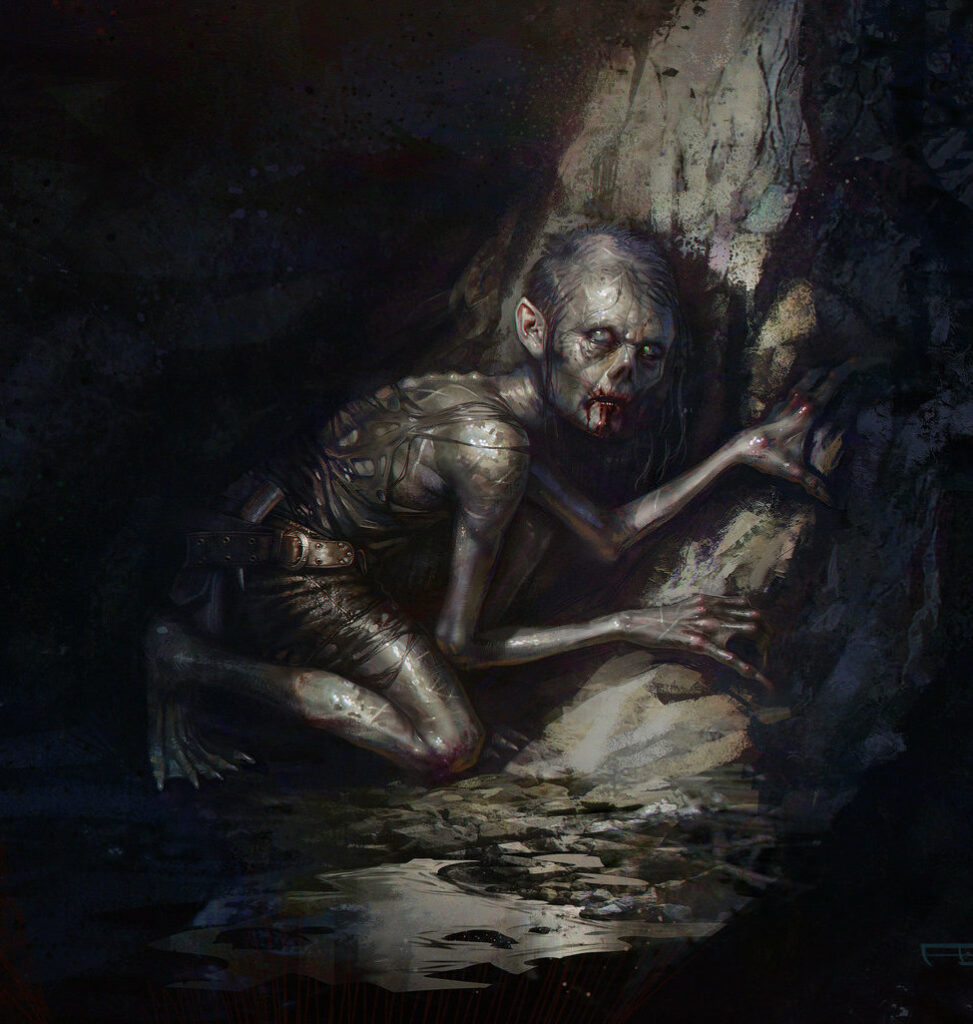
However, only a couple of years later, when ‘Stairway To Heaven’ dominated AM rock radio stations, Stateside fans eventually connected to Tolkien’s literature. Likely because of Zeppelin’s influence, but also because of its very nature, given North Americans never had a Medieval or mythical ancestral history to delve into themselves.
Some Tolkien references in ‘The Battle Of Evermore’ – the only song ever to feature an artist outside of the core band in Fairport Convention’s Sandy Denny – have been open to debate.
The Prince of Peace, who “embraced the gloom” and “walked the night alone”, is often interpreted as Frodo, who leaves the Fellowship of the Ring for Mordor alone with only Samwise Gamgee for company. “The Queen of Light” who “took her bow” is interpreted as Galadriel, a queen of the Elves, signifying the end of the Third Age and the beginning of the Age of Men. Plant sings “The Ringwraiths ride in black,” too; his invention was the most compelling link to Tolkien’s literature as a Ringwraith.
In the same interview with Vulture, Plant claims that his inspiration for ‘The Battle Of Evermore’ was more the geographical setting of his formative years. “The fact that ‘Evermore’ was the to-ing and fro-ing, if you like, of dance in the dark of night, there’s always been something quite evocative about this area where I’ve been raised.” Tolkien himself taught Medieval history near Robert Plant’s birthplace, and the Shropshire Hills and the Clee Hills are supposedly what The Shire was based upon.
Slightly red-faced about the consistent association with fantasy literature, an association Plant hasn’t been able to escape since his early twenties, that hasn’t perturbed other rock revisionists from rehashing the same tropes.
Greta Van Fleet – who have styled themselves heavily on Zeppelin – are one such recent band, becoming an easy target for critics and even Robert Plant himself. When asked about Greta Van Fleet’s singer Josh Kiszka in a 2018 interview with Loudwire, Plant quipped: “He borrowed his voice from somebody I know very well, but what are you going to do?”
Keep up to date with the best in UK music by following us on Instagram: @whynowworld and on Twitter/X: @whynowworld

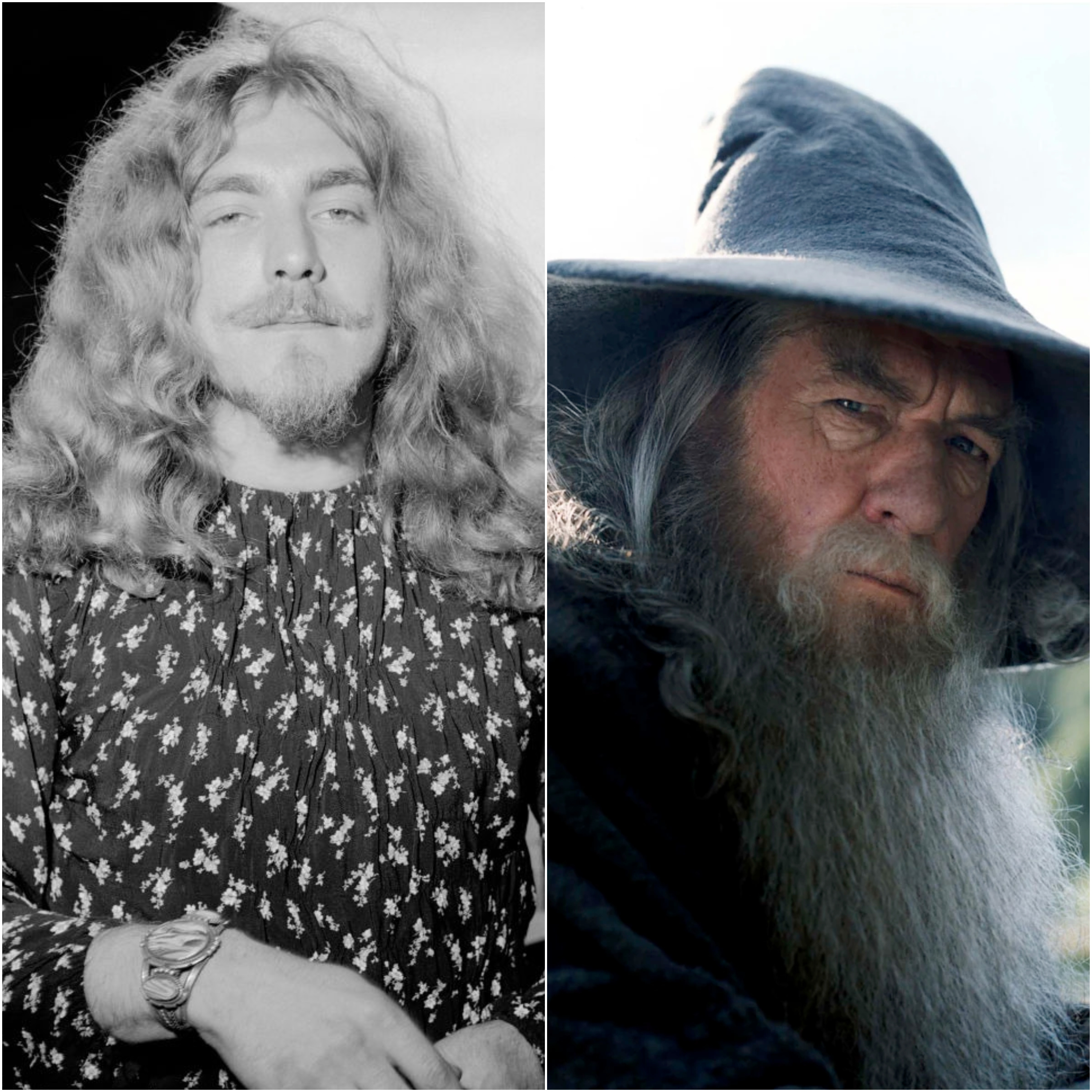
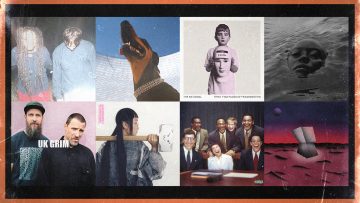
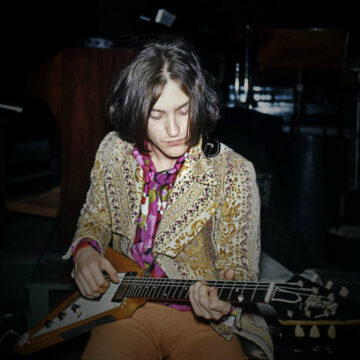
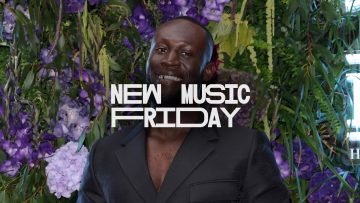
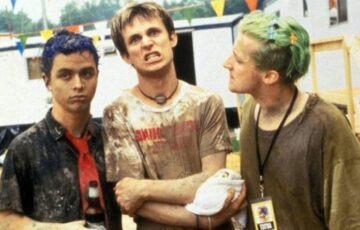
3 Comments
You started this article saying:
“Despite their musical magnificence, not all of Zeppelin’s influence was necessarily positive, even from certain band members’ perspectives. ”
And then said nothing about the band members perspectives regarding your opinion. And proceeded to talk about the obvious Tolkien influence.
So why did you call Zeppelin’s influence “(not)… necessarily positive.”??
That one paragraph of your opinion has nothing to do with the rest of the article.
Lol ..kid…never even been played on AM radio 😂…it was FM undisputed king even to this days …btw..those days AM played 3 minute hits only …yes, u welcome;)
I disagree with the statement that Ramble On contains only a brief nod to Tolkien. The entire song, bar the chorus, is clearly a reference to the Fellowship departing from Rivendell, by the light of the autumn moon after a pleasant stay, to make their way to the darkest depths of Mordor, where they must go, though their health be drank a thousand times.